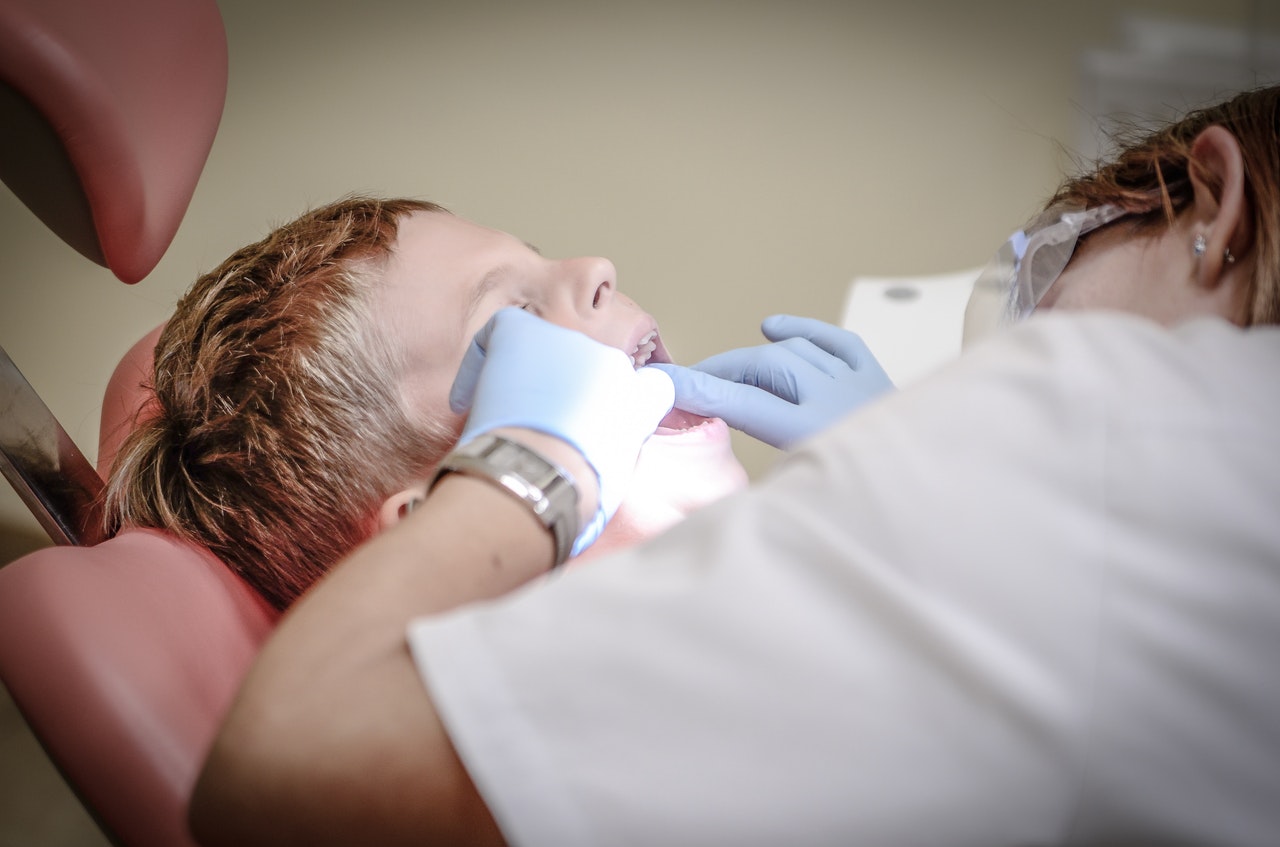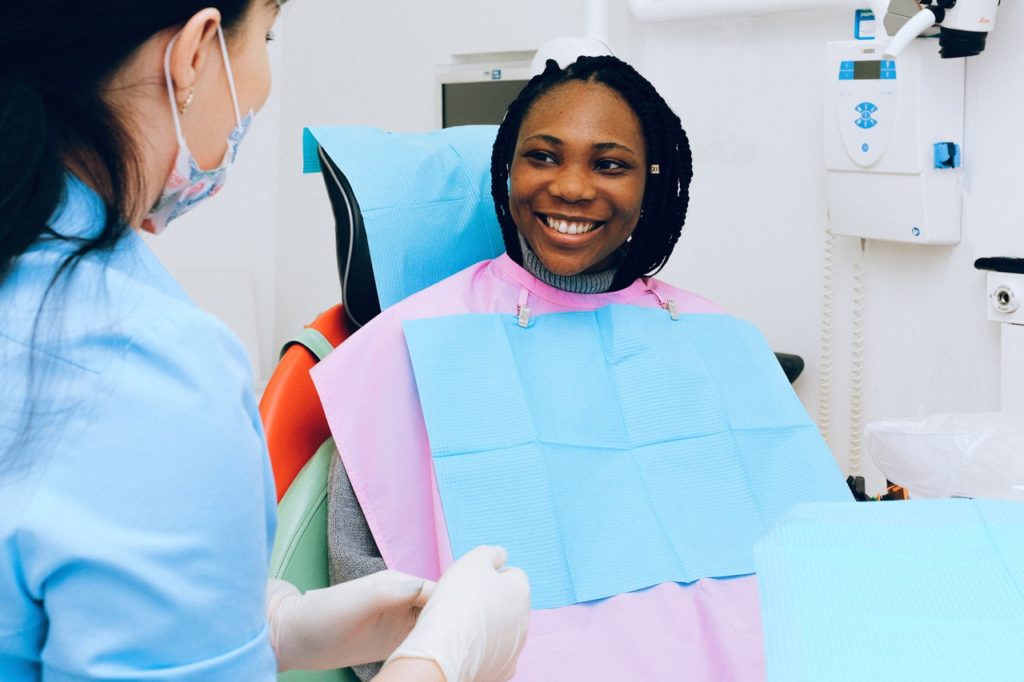The importance of regular visits to your dentist W1 may seem easy to disregard, but a preventive check-up along with good oral hygiene care are the key tools in maintaining your teeth throughout your life.
Your smile is important; you may not see it without the help of a mirror, but it is the most common way we greet strangers and friends every day. There is a whole industry dedicated to helping you with every aspect of maintaining the appearance and function of your teeth.
And as the old saying goes, prevention is better than cure! The 6-month check-ups allow minor issues to be nipped in the bud long before they become an uncomfortable or costly emergency. The advice given during your visit is meant to be an unbiased guide to allow you to make an informed decision on your health care and inform you about the impact of your lifestyle. Unfortunately, too many people see it as judgmental berating or nagging. At the end of the day, they are your teeth and how you choose to treat or care for them is at your own discretion.
However, if you are suffering some form of dental discomfort, a dentist will be able to conduct a diagnosis. It could be the early symptoms of a cavity and the start of decay, so attending a dental appointment as soon as possible will make it more likely that the tooth can be saved. A simple treatment like a filling will suffice, rather than a more intensive or expensive option like a crown.

How to overcome dental aversions
Dental aversions are not uncommon and whether they are due to unpleasant past experiences or due to childhood scare stories, the resistance to seeking dental care can be a very real barrier to obtaining the correct treatment, potentially worsening the problem in the long-term. Dental practitioners and their staff are all too aware of this and are happy to facilitate nervous patients.
The role of a dental team is to provide care and to also make any treatments as comfortable as possible. This is achieved with local anaesthetics and topical numbing agents. It is unlikely that a local dental clinic will use full sedation, as this would require the presence of an anaesthesiologist. For more invasive dental work, performed by a specialist, full sedation is used, but this would be carried out in an operating theatre within a hospital or a day clinic.
Dental care is an ongoing process and even if treatment has been completed, it is normal protocol to book a follow-up appointment a week or so after the treatment, to check that healing is progressing and ask about how recovery is going. There may also be a need to remove stitches or receive a prescription if there are complications or the treatment involved incisions.
If it has been some time since you last attended a dental clinic, you should book an appointment even if you don’t have any worrying symptoms. It can be all too easy to normalise strange growths or ignore subtle signs of decay.

